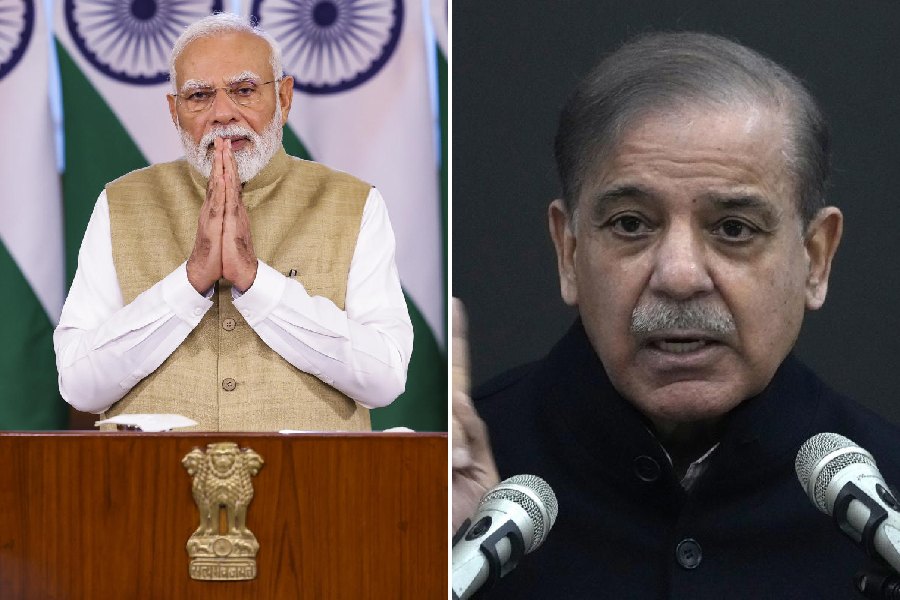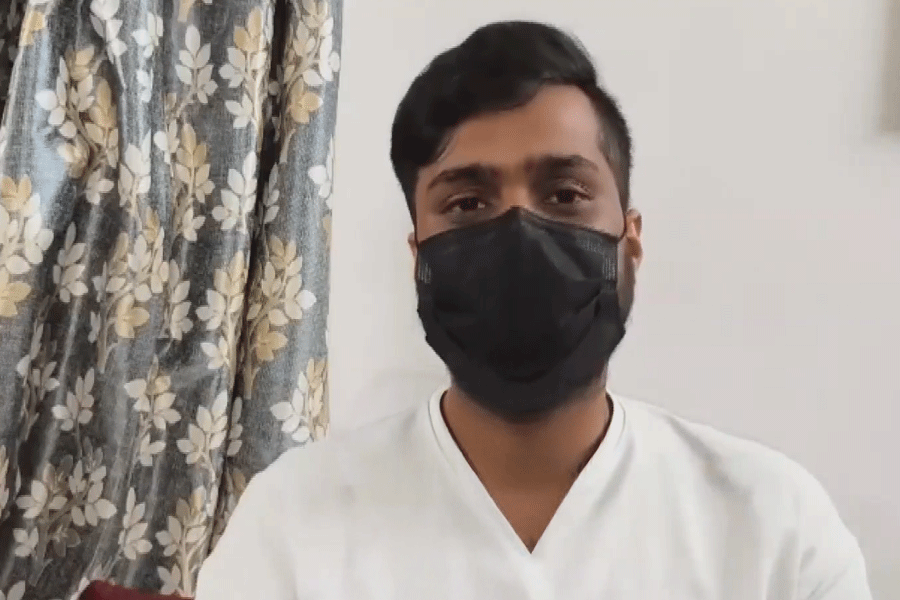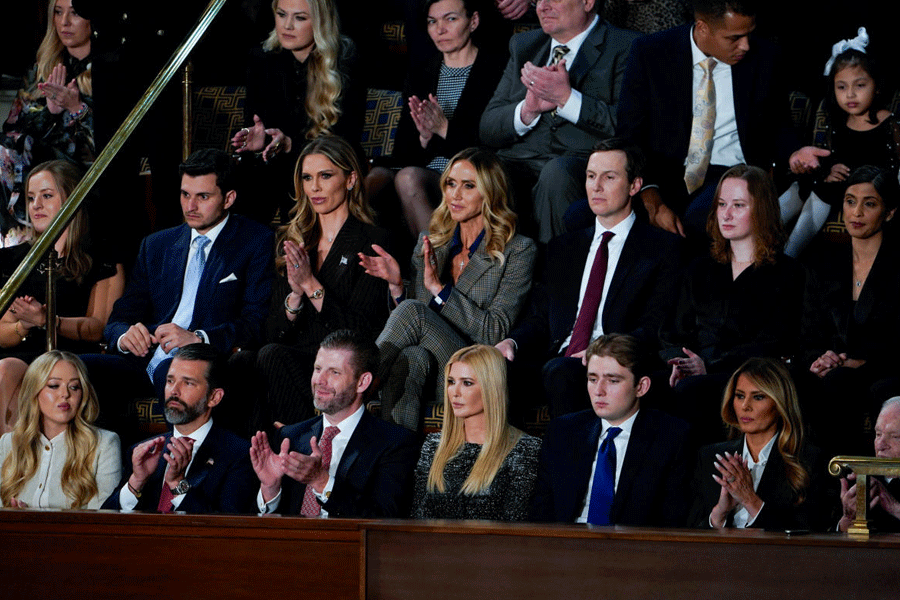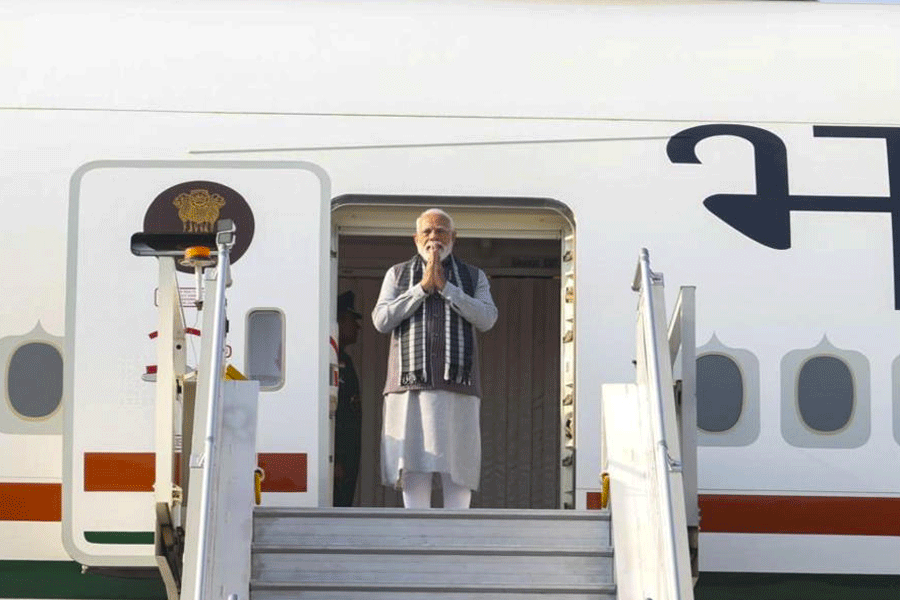In what may be seen as a move to melt the ice in the Hindu Kush, Pakistan on Friday announced a decision to upgrade its diplomatic presence in Afghanistan and appoint an ambassador to Kabul after two years of strained ties.
The announcement was made by deputy Prime Minister and foreign minister Ishaq Dar following his visit to Kabul recently.
“To maintain this momentum, I am pleased to announce the decision of the Government of Pakistan to upgrade the level of its Chargé d’Affaires in Kabul to the level of Ambassador,” Dar stated on X Friday.
“I am confident this step would further contribute towards enhanced engagement, deepen Pak-Afghan cooperation in economic, security, counterterrorism and trade areas and promote further exchanges between two fraternal countries,” he added.
Pakistan had welcomed the Taliban’s return to power in 2021, hoping it would lead to greater cooperation on cross-border security concerns.
But optimism faded as attacks by the Tehreek-e-Taliban Pakistan (TTP) intensified in Pakistan’s North West Frontier Province, leading Islamabad to accuse Kabul of harbouring TTP militants and demanding concrete action from Afghanistan.
A diplomatic breakthrough came during the recent trilateral talks involving Afghanistan, China, and Pakistan in Beijing, where foreign ministers of the three countries met.
China is believed to have played a key mediating role in bridging the divide, leading both Pakistan and Afghanistan to agree to upgrade their diplomatic engagement.
Pakistan and China have pledged diplomatic and economic support to the Taliban administration.
Afghan interim foreign minister Amir Khan Muttaqi is expected to visit Islamabad soon — his first visit in two years — highlighting a growing trend of high-level exchanges.
“He will visit Pakistan soon. Dates are being worked out,” a diplomatic source said on Thursday to PTI, confirming the Afghan side has accepted the invitation.
This visit will follow the roadmap outlined during the outreach of a Pakistani delegation led by special envoy Ambassador Muhammad Sadiq to Kabul in March.
The Taliban government’s recent crackdown on militant factions seen as threats to Pakistan has played a pivotal role in de-escalating tensions.
On Wednesday, senior Taliban commander Saeedullah Saeed warned against “unauthorised jihad”, especially against Pakistan, stating such actions defy both Shariah law and the authority of the Afghan Emirate.
“Joining various groups to wage jihad abroad does not make one a true mujahid,” Saeed said at a police passing-out ceremony, emphasising that only the Amir has the authority to declare jihad. He warned that attacks carried out independently are considered fasad (corruption), not legitimate resistance.
On May 16, India too engaged in its first-ever political-level conversation with the Taliban regime since their takeover of Kabul in August 2021.
External affairs minister S. Jaishankar spoke with acting Afghan foreign minister Amir Khan Muttaqi on Thursday, marking a thaw in relations long frozen since the fall of the previous Afghan government.
This conversation came days after the Kabul administration condemned the recent Pahalgam terror attack and welcomed India and Pakistan’s agreement to cease military strikes following Operation Sindoor.
“Good conversation with Acting Afghan Foreign Minister Mawlawi Amir Khan Muttaqi this evening,” Jaishankar had posted on X. “Deeply appreciate his condemnation of the Pahalgam terrorist attack. Welcomed his firm rejection of recent attempts to create distrust between India and Afghanistan through false and baseless reports.”
Muttaqi described India as an “important regional country” and expressed hope for deeper engagement, requesting visa facilitation for Afghan traders and patients and the repatriation of Afghan prisoners in India.
Jaishankar committed to address the prisoner and visa issues.
Afghanistan has not appointed a new ambassador since the Taliban’s takeover, due to the regime’s lack of international recognition, according to a 2023 report by The New Yorker. The previous ambassador, appointed by the ousted republic government, was replaced but no successor has been internationally recognised.












